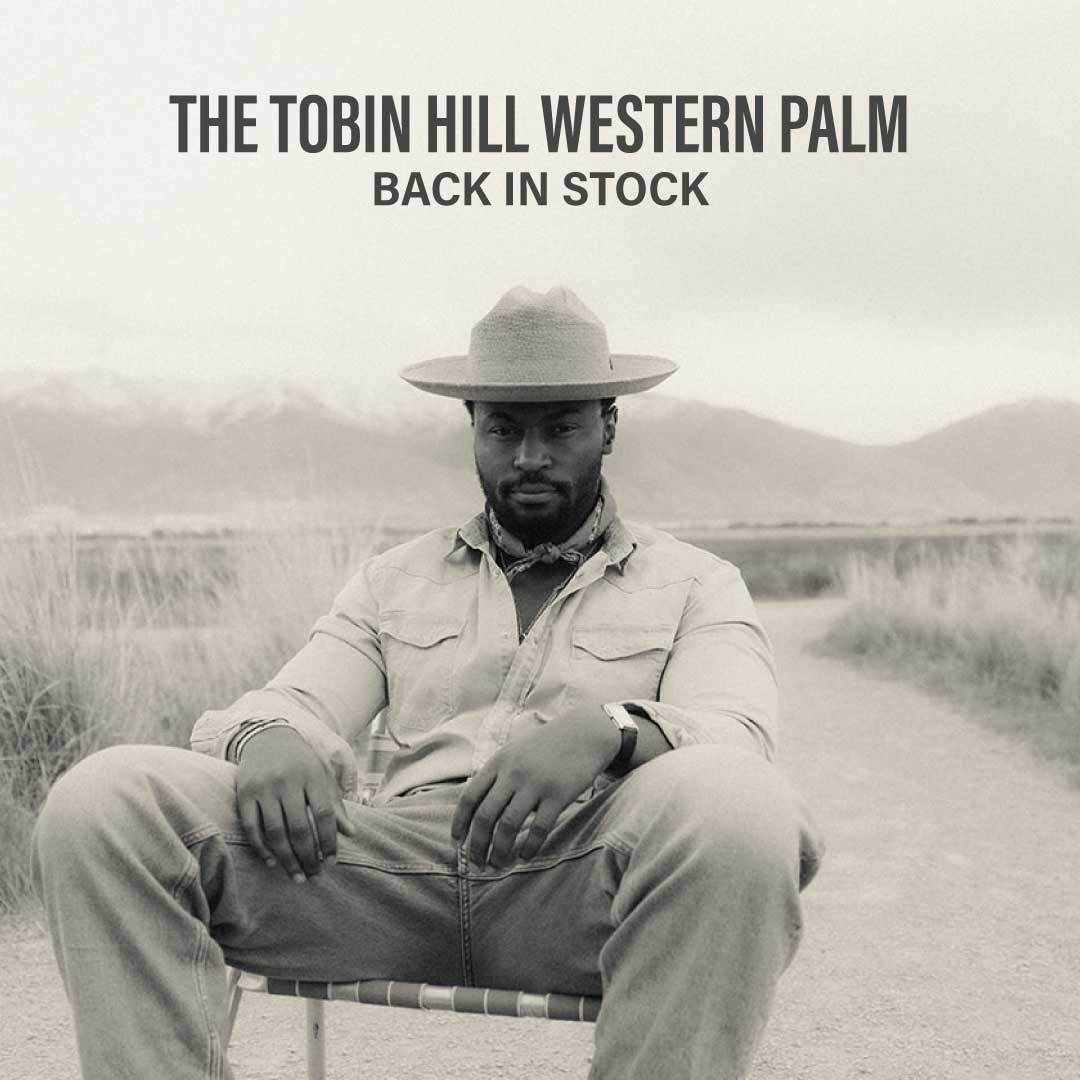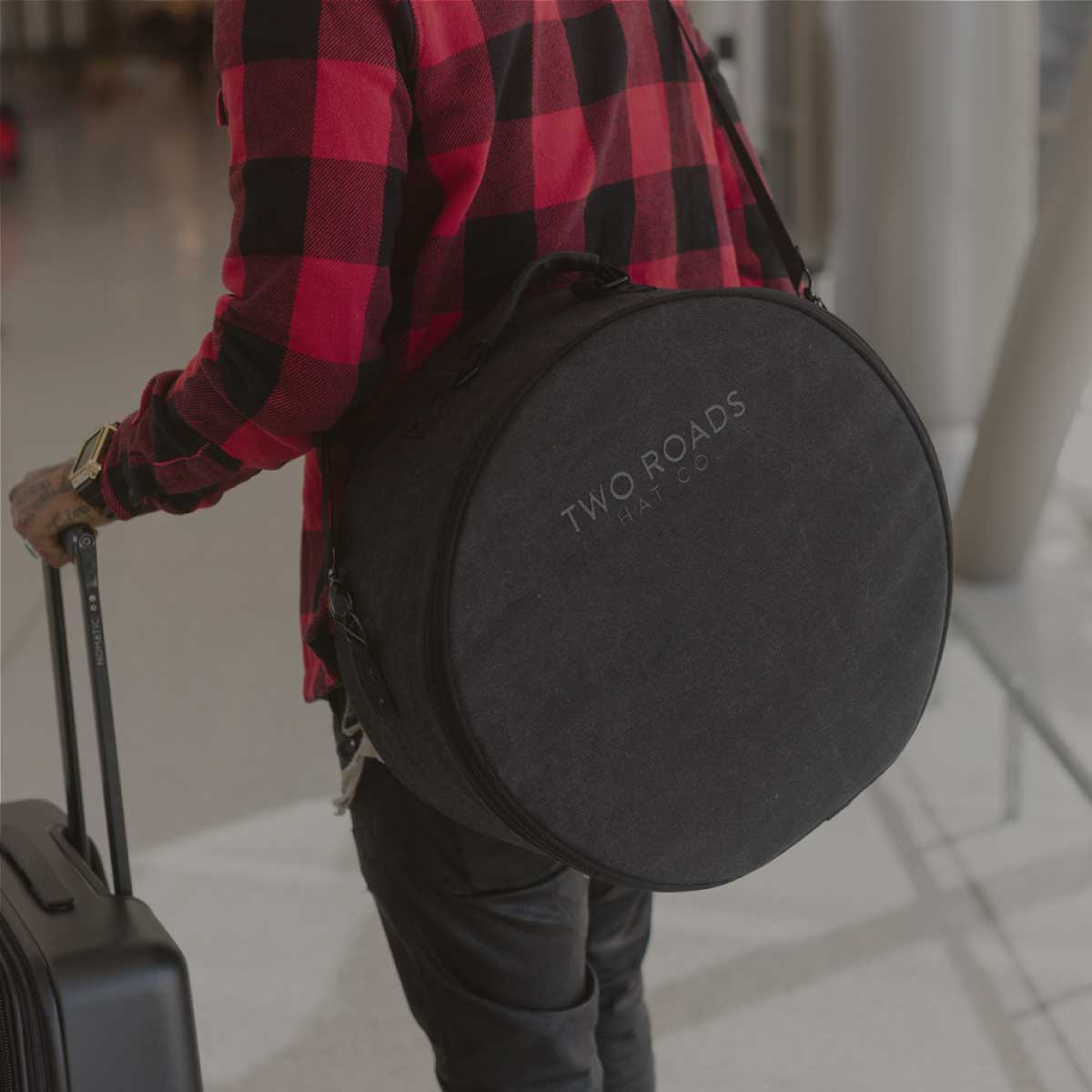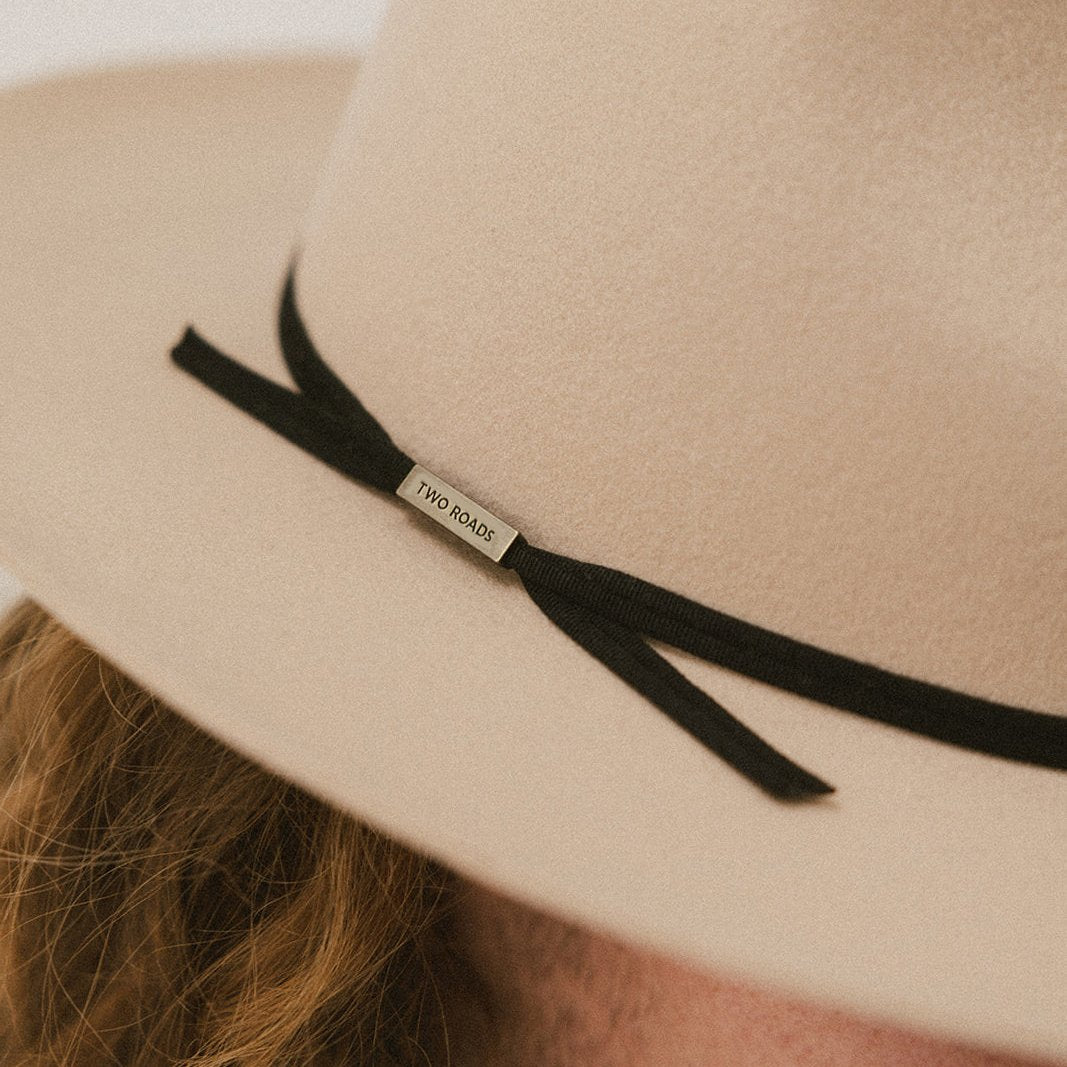Dad Talk:
Taylor
As both a middle school teacher and a father (twice), Taylor sees firsthand how young people's struggles, challenges and opportunities can shape their (and our) futures.

Do you come from a family of educators?
My grandpa was an educator. I mean, he was retired by the time I was old enough to know anything. But I always knew he's an educator. And I always looked up to him. But I mean, I always from when I was a little kid, I wanted to be a teacher. But by the time I actually took time to go to school and pick my career, I was kind of scared off from teaching. So I chose a different path. And then when I didn't like that, I decided to give teaching and try and it's been amazing.
I mean, it had to have been a hard decision, right? There were certainly easier options — probably — for a career; you could have gone other places and done other things. But what what was it about teaching that really, I guess, pulled you into it?
I just wanted to feel like I was doing something that mattered. And I had a job that, I felt like I was good at, I felt like I did as good a job as I could do. And it's still wasn't satisfying. Even being good at that. Even having good numbers. I thought, "That's what I wanted, and it should make me happy." And then I was just so stressed. I worked such long hours. And I'd get home, and I would just like be in a bad mood. And I felt like, even though I'm doing everything, and I feel like I'm, in theory, doing a good job, I'm not happy at all with my career in my life. And I just felt like I'm not doing something that's really important. And so yeah, now, I get to every day, feel like I'm doing something super important. And there's nothing better than I could be doing.
Walk me through a type of scenario where you're getting that sort of response on a daily basis. Like, what are you doing that's giving you that feedback?
Honestly, the number one thing that I do that makes me feel like that is coaching. I primarily coach the runners — track and cross country. And I get kids that have never ran before and have, I mean, they have no idea what it even is. And I see them go from being so slow and having no confidence in school and to having something to call their own. And they feel like they belong to a team and they have like a special skill that they can outrun anybody. And it's something that if they feel like if they put in enough work, then they can be great at it. And I see how their life has completely changed. And they're better students, and they're just like, more responsible, all from that. The demographic that I teach isn't the demographic that's typically has a lot of runners. And so it's something that I help introduce to them. And I feel like they would not have that if if I wasn't there to help them do that. So it's extremely rewarding.

So maybe talk for just a second about how you get somebody — a kid — to go from a perspective of "I don't want to do things that are hard" to doing things that are hard, and getting to that point where you want them to be.
Well, actually to kind of flip that a little bit — so I teach it at a Title One school, which is a very high poverty rate, very high minority rate. And the kids that I deal with, they've experienced high levels of trauma in their lives. And they have gone through a lot — we have lots of refugees from all over the world, and kids that are just from here, but grew up in poverty and don't have a stable family situation. So they are kind of used to having things be uncomfortable and not having, you know, things laid out for them. So sometimes, if you could get them to turn that into running and use those things that make them feel uncomfortable in their day-to-day life, and turn that into a positive that they can work for something —
That that can lead to growth —
Yeah. These kids are so tough. Sometimes, if you were to see these kids in a classroom, it seems like they're undisciplined. And a lot of times they're not taught, they don't see a lot of good examples of discipline in their lives. But because they've gone through so much, they can get to a place mentally — in running and anything — and they can translate that to experiencing high levels of success, that maybe another seventh or eighth grader that has a fairly comfortable home life, a very comfortable life, they're not used to feeling that kind of, you know, physical or emotional pain. And these kids can turn that into showing how strong they are and how much they can put up with, and turn that into, you know, athletics and then discipline in the rest of their lives.

So, being a dad yourself — what do you think you either bring to teaching or bring home from teaching into that role of fatherhood?
When I initially decided against being a teacher, I was nervous about just basically how much money a teacher makes, and that I wouldn't be able to support my family. And like, that was a big concern of mine. And now that I've kind of made that financial sacrifice, kind of the thing that made me want to teach and makes me feel better, it kind of gets me through that part. Because it's, it's not something that kind of goes away, like, it is an issue that I don't make that much money as a teacher. But I wanted to show my kids that those types of things like a financial rewards shouldn't stop them from doing what they love to do. And I'm proud that I can set an example to my kids, that they see that I love my job. And they come, my wife will bring them to like track meets. And I see them up in the stands, waving and yelling, and they see that I love what I do. And I feel like that's a much better impact on my kids, than maybe having a bigger house or having them go to school in the nicest cars in the world. But that they have an example in their life that you should follow what makes you happy, and then they can be happy instead of me, maybe having a nicer car, but then being miserable when I get home and not having the, you know, the emotional energy to deal with my kids.

That's amazing. Now, stepping into the role of fatherhood, how has that changed your perspective there, on the teaching side?
I'm definitely be a lot more like, sensitive to things than I was before being a teacher. I see kids in a different way than I used to. I mean, 99% of the people that I interact with on a day-to-day basis are kids. So to me, they're not small, they're just — that's what a human is. You have more patience for their drama — like before, I always made jokes about, how, like, dealing with a 13-year-old girl was the last thing I would ever want to do in my life. The drama and whatever. Because I would just discount whatever the issues were as — like — not real things. But then when I'm actually in a room, and the kids will confide in me and stuff. And I realized what they go through. And I don't push it off as just being dumb little kids, like somebody else would. Because I I mean, I get to know these kids, I love these kids.
Tell me about your childhood and your relationship with your dad. How do you think that shaped who you are?
When I was 14 years old, my dad quit his job and started and ran his own business. And so I saw somebody that kind of gave up the financial stability of having a good, well-paying job that didn't make him happy. Then, when I was done with high school and stuff, I worked for my dad for a few years. So I got really close and saw up close, like professionally, what he goes through, and how much it was, and how important it was for him to be able to kind of call his own shots and do his own thing. And so I don't think that I would have had kind of the courage to quit my job and go my own way. If I hadn't had that example, really my whole life that I'd seen in my own dad.
Is teaching preparing you or influencing how you think about the world that your kids are going to step into when they're the same age?
I certainly have a different perspective of what kids go through now. Because I mean, I'm not that old. It does scare me a bit for, you know, my kids coming up. But the fact that these kids deal with this, and are still able to be as awesome as they are, and be as strong as they are. I don't think there's any way that I could have dealt with that. I think the kids, because of all these things, are stronger than they've ever been.
So, in parenting — how do you see that, that balance between being both a challenger but also a protector?
I think that it starts out, you have to try to teach things and prepare kids for things that are difficult before they get difficult. So kids can make a decision about what type of person they want to be at a young age before it's difficult, because if they kind of aren't prepared for the difficult life decisions they're going to have to make as they grow up, then it's really easy to make the wrong choices.
Because I think at this age, well, I mean, really everybody, but really, at this age, kids are trying so hard to have something to call their own and have something that they belong to. And if they don't have that competence, and they don't know what that thing is they'll find it in in things that aren't great.
So, if somebody asked your students about Mr. Graham, what would you want them to say about you?
I hope that they know that Mr. Graham cared about them, and that I hope that they feel better about themselves and see more potential in themselves from the things that they got to do in my classroom than they did before. I hope they have more confidence in themselves.





